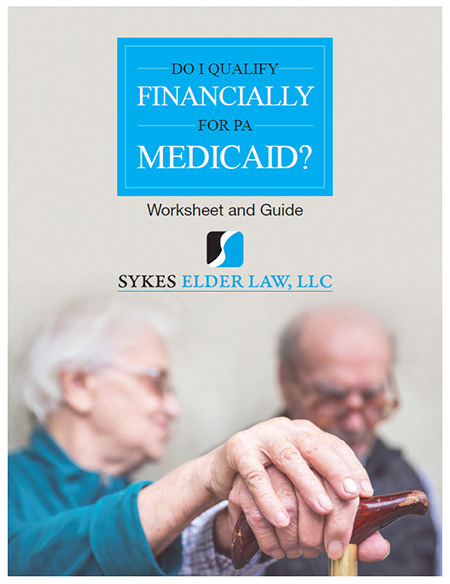For what reasons may a nursing home discharge a resident?
The federal Nursing Home Reform Act of 1987 prohibits transfer or discharge of a resident by a skilled nursing facility except for the following reasons:
Failure to pay. A nursing home can discharge a resident if the bill isn’t paid “after reasonable and appropriate notice.”
However, if the resident is eligible for benefits – such as Medicaid – that would pay for the resident’s stay, and the resident has filed all necessary paperwork to apply for benefits, the nursing home must wait until the application process has been completed.
Health or safety. If the resident’s stay endangers the health or safety of individuals in the facility, that is another appropriate reason. A physician must document the endangerment in the resident’s clinical record.
Resident has improved. Sometimes a resident’s health “has improved sufficiently” so that “the resident no longer needs the services provided by the facility.”
Severe needs. At other times, however, “the transfer or discharge is necessary to meet the resident’s welfare and the resident’s welfare cannot be met in the facility.”
Ceasing operations. If the facility ceases to operate, it will obviously need to transfer or discharge its residents.
Prior to transfer or discharge, the facility must notify the resident, and if known, a family member or legal representative of the resident.
If discharge is because the resident has not paid or the facility will cease to operate, then the facility must give notice at least 30 days in advance. If it’s due to health improvement, 30 days notice is not required “where the resident’s health improves sufficiently to allow a more immediate transfer or discharge.” If due to severe needs, the facility may forego 30 day notice “where a more immediate transfer or discharge is necessitated by the resident’s urgent medical needs.”
The law attempts to balance the rights of various parties. On the one hand, the law attempts to ensure that nursing home residents are free from arbitrary and harmful discharge from care. On the other hand, nursing homes should not be forced to house a resident under unreasonable circumstances.





